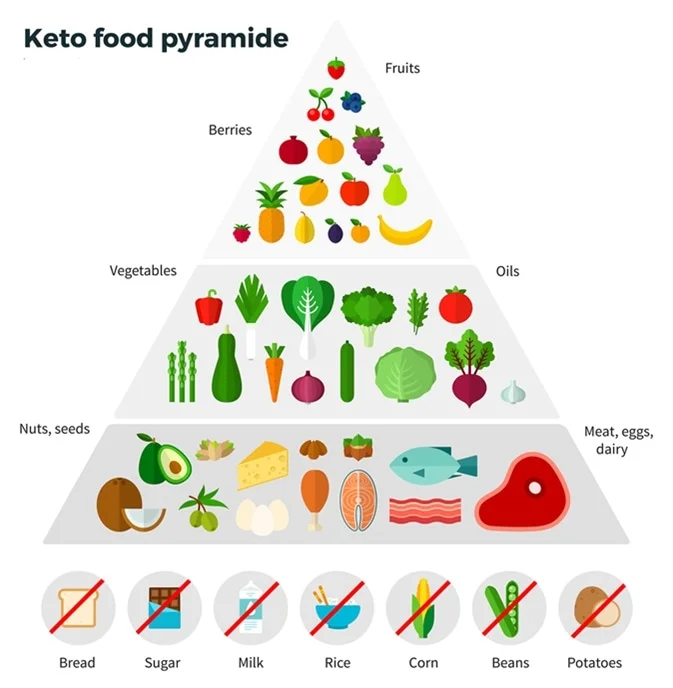Milk is often considered beneficial for good health due to its nutritional composition. Here are some reasons why milk is considered necessary for good health:
- Calcium: Milk is an excellent source of calcium, a mineral vital for strong bones and teeth. Adequate calcium intake is essential for maintaining bone density and preventing conditions like osteoporosis.
- Protein: Milk is a rich source of high-quality proteins, containing all essential amino acids required for growth, repair, and maintenance of body tissues. Protein is crucial for muscle development, immune function, and hormone production.

- Vitamins and Minerals: Milk contains various vitamins and minerals, including vitamin D, vitamin B12, phosphorus, potassium, and magnesium. These nutrients are important for various bodily functions, such as maintaining healthy blood cells, supporting nerve function, and aiding in energy metabolism.
- Hydration: Milk is a hydrating beverage that can help meet your daily fluid needs. Staying properly hydrated is essential for overall health and supports various bodily functions, including digestion, circulation, and temperature regulation.
While milk offers several health benefits, it’s important to note that excessive consumption can lead to certain side effects. Here are some potential side effects of drinking excessive milk:
- Lactose Intolerance: Many individuals have difficulty digesting lactose, a natural sugar present in milk. Consuming excessive milk can lead to symptoms like bloating, gas, diarrhea, and stomach discomfort in individuals with lactose intolerance.
- Allergies: Some people may be allergic to proteins present in milk, such as casein or whey. Milk allergies can cause symptoms like hives, wheezing, digestive issues, and even severe allergic reactions in some cases.
- Increased Caloric Intake: Milk contains calories, primarily from fats and sugars. Excessive milk consumption without considering overall calorie intake can contribute to weight gain and potentially lead to obesity if not balanced with a healthy diet and lifestyle.
- Nutrient Imbalances: While milk is a good source of certain nutrients, over-reliance on milk as the primary source of nutrition can lead to imbalances in other essential nutrients. A well-rounded diet with a variety of foods is crucial for meeting overall nutritional needs.

It’s important to note that individual responses to milk can vary. Some people may tolerate and benefit from moderate milk consumption, while others may need to limit or avoid it due to specific health conditions or dietary preferences. Consulting a healthcare professional or registered dietitian can provide personalized guidance based on your specific needs and health status.
















